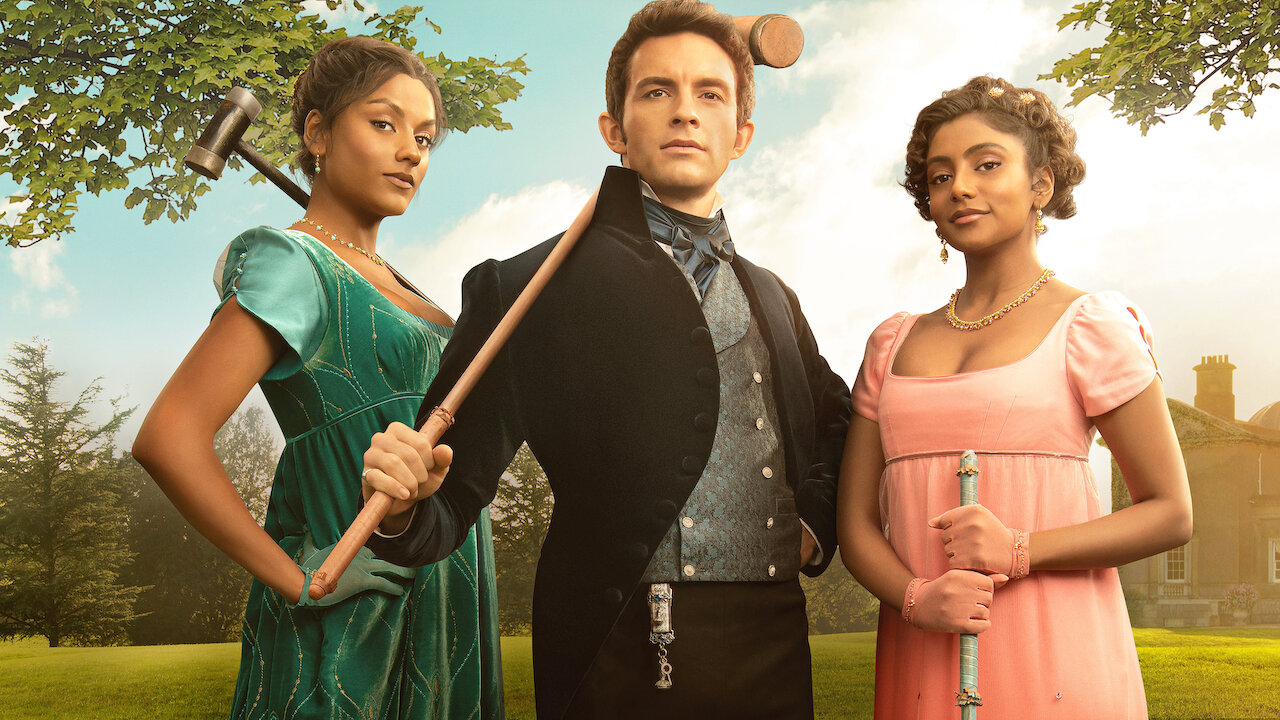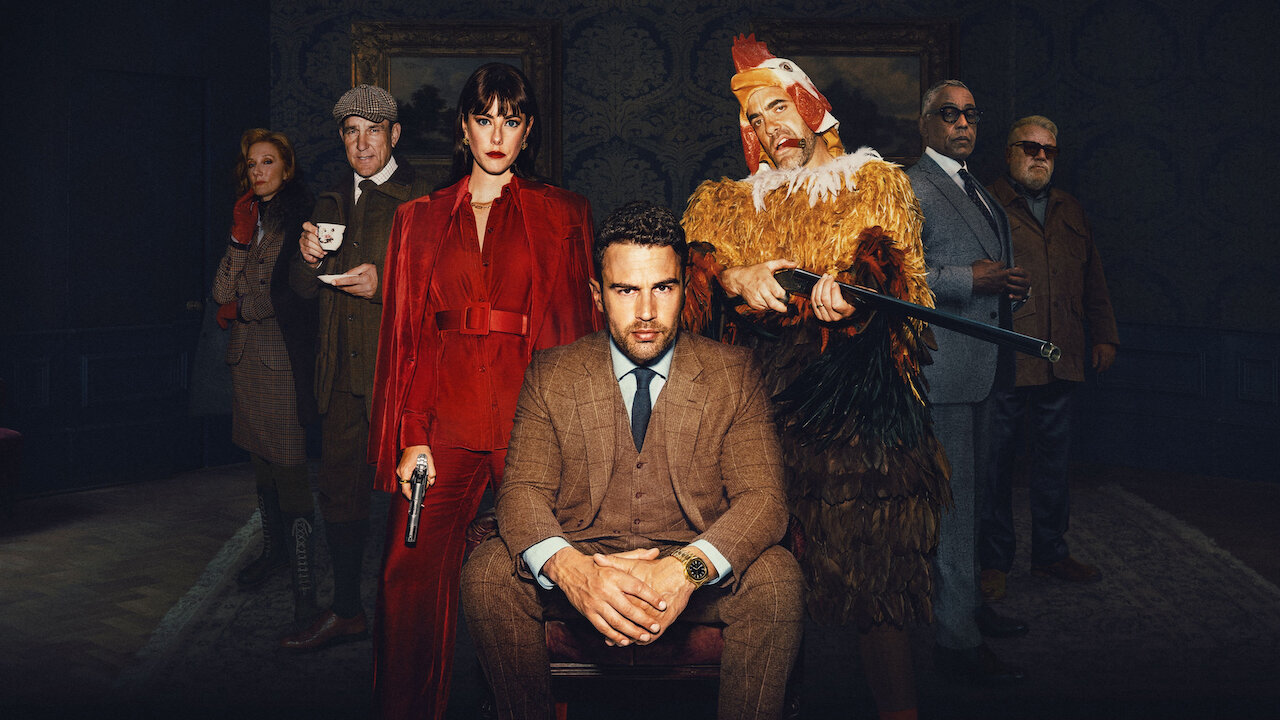If you’re looking for the next major crime series to binge-watch on Netflix, you’ve come to the right place. The number of crime documentaries has increased significantly since the streaming world opened up, making it possible to tell some stranger than fiction stories. A major true crime documentary series will hold you with a fascinating hook and delve deeper and deeper into the matter with each subsequent episode. And while murder is certainly a theme on our list here, there are a few real crime shows targeting non-violent crimes listed below. In reality, we as humans are fascinated by real crime because we cannot believe that another human can actually perform some of these actions. Or maybe. Regardless, these documentary series offer a compelling window into some truly tragic – and some ultimately hopeful – true stories.
The Trials of Gabriel Fernandez
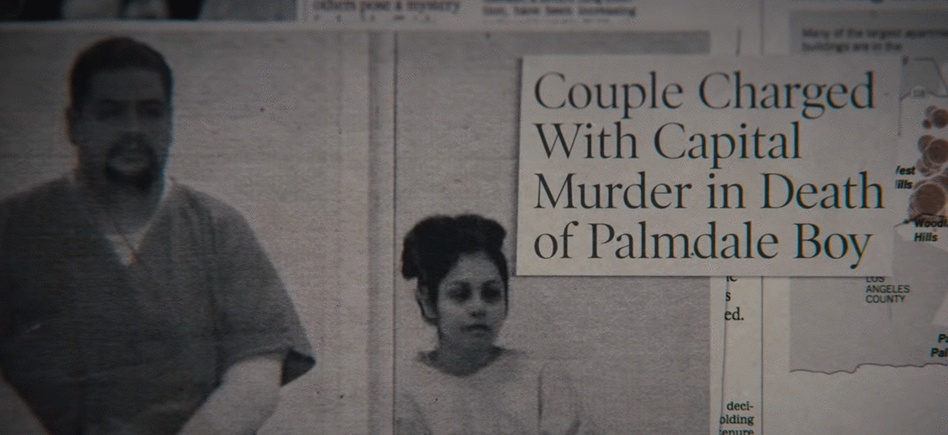
Okay, first of all it has to be said that The Trials of Gabriel Fernandez is not an easy series to watch. The show itself does its best to make sure you know this, with a disclaimer at the beginning of each episode that says, “This program contains images and dialogues related to child abuse that may disturb some viewers.” The disclaimer lingers on the screen for 20 seconds and even then I feel it is a bit of an understatement. You will be absolutely disturbed by the things you see and hear, but none of them feel exploitative. The limited documentary series tells the story of Gabriel Fernandez, an 8-year-old boy who was systematically tortured and beaten to death by his mother and boyfriend over an 8-month period. In an unprecedented decision, the prosecutor decided not only to prosecute Gabriel’s mother and her boyfriend, but also the four social workers assigned to Gabriel’s case who ignored and downplayed the clear signs of his abuse until his death . It’s a grueling documentary, but a very necessary one that points to all the flaws in government systems designed to protect children from the horrific violence and cruelty to Gabriel. It is definitely not a series you should watch before going to bed, but it is one that you absolutely must see.
The Keepers
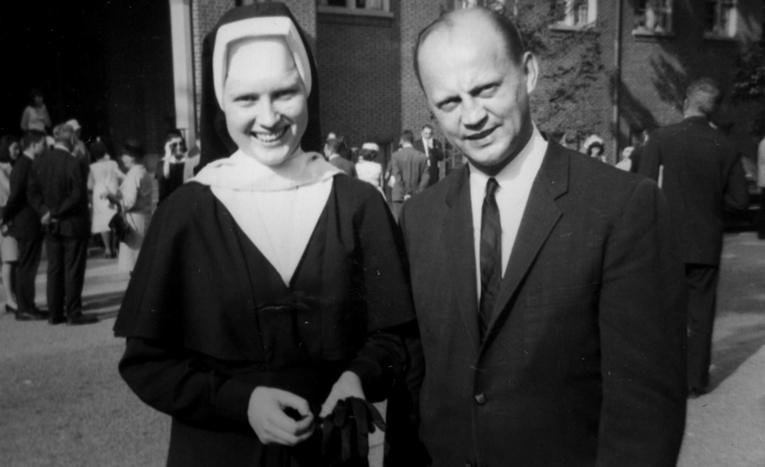
At first glimpse, Netflix’s The Keepers seemed to be on par with many other real-life crime series. The show promised to delve into the mysterious disappearance and murder of a nun, Sister Cathy Cesnik, in 1969, examining the circumstances, many suspects, and other relevant aspects of the case. It is quickly revealed that Cesnik may have discovered terrible sexual abuse that was going on at the girl bishop Keough High School. In particular, women came forward with allegations that two priests at the school, most prominent Father Joseph Maskell, had forced female students to perform sexual acts against him and others. The theory then was that Sister Cathy was determined to stop the abuse and then stop and was murdered to keep her quiet.
Abuse has permanent, devastating consequences for the victim and The Keepers uncovers this in a striking, disturbing, but necessary, way. How can we expect this kind of abuse in the future if we follow this example and dismiss it as “not our problem” or something that is best dealt with calmly? No longer are these victims ashamed as liars, or silenced with threats – The Keepers gives them space to tell their story, and as intriguing as Sister Cathy’s murder mystery is, it’s just an entry point into an emotional and gripping story that ultimately Sister paints Cathy as a hero who died trying to do the right thing.
Making a Murderer
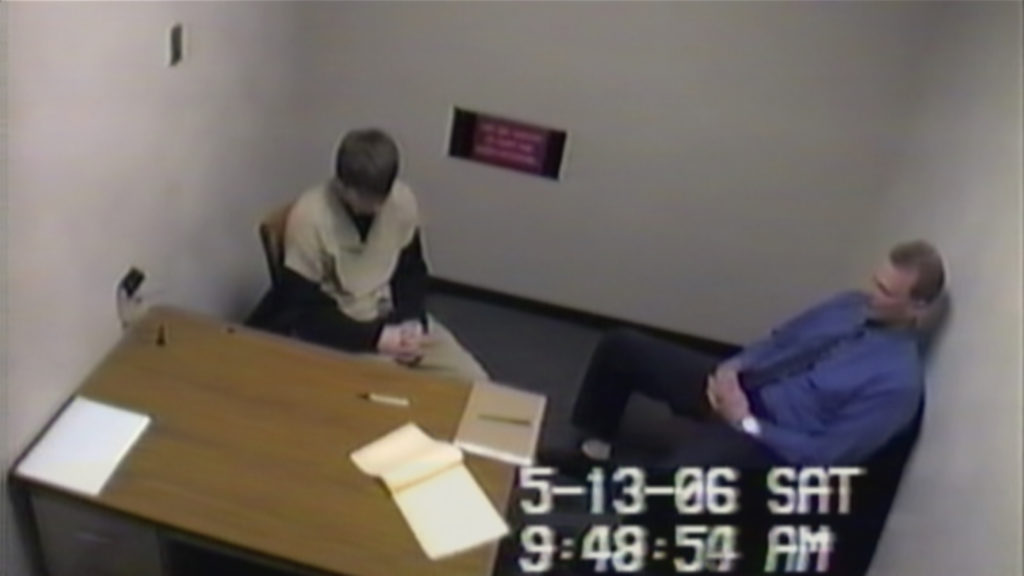
Making a Murderer is about a perfect example you can get from both the pros and cons of the real crime genre. Because this is addictive to watch, it’s kind of too insane to be true story that makes you pop that Next Episode button because the facts don’t make sense. Essentially, the docu series – written and directed by Laura Ricciardi and Moira Demos – tells the story of Steven Avery, a Wisconsin man wrongfully convicted of murder and serving 18 years in prison. Several years after his release, he was charged again with the separate murder of Teresa Halbach, a case steeped in controversy, suspicious layers, and the unlikely involvement of Avery’s then-16-year-old cousin, Brendan Dassey. (Both Avery and Dassey are still in jail.) It’s a hard guard, steeped in tragedy – images of Dassey’s forced confession are particularly heartbreaking – but it’s also one that comes under fire for not telling all the facts and for what a somewhat biased viewpoint of the filmmakers. Real crime will always present a case somehow, and Making a Murderer makes a strong point pointing to an innocent man who is being sent to prison. Danger mistakes the most binge-worthy argument as the only thing worth hearing.
The Staircase
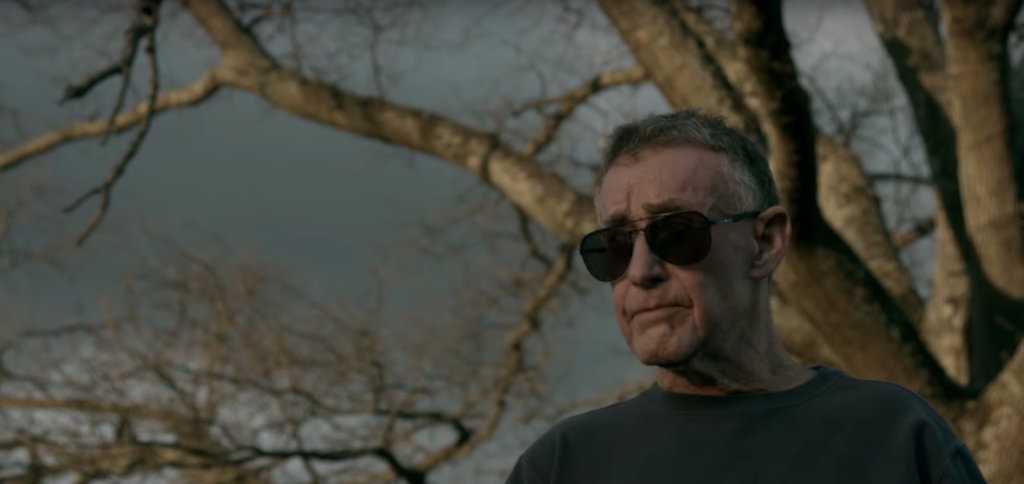
Sickening, unnerving and intensely complicated – so much so that Jean-Xavier de Lestrade and the other filmmakers of The Staircase, originally a 10-episode 2004 miniseries on French TV channel Canal +, returned to the subject in 2012, adding three more create episodes. All 13 episodes are available on Netflix and provide a broad but specific overview of the American legal system, systemic homophobia, the lies we tell ourselves, the masks we put on, the limits of our empathy and the wild hoops we jump through avoid bitter truths. The main question in the middle of The Staircase: Did novelist Michael Peterson murder his wife, Kathleen Peterson, by bluffing her death until she fell down the stairs? Or did Kathleen fall as a result of an accident that Peterson was not even in the room to testify? De Lestrade’s demanding look is precise in its movements, resulting in frustratingly fascinating ambiguity. Your opinion about Mr. Peterson will literally change from word to word he speaks, and your opinion of the different lawyers involved will cast a shadow on how you view a lawsuit from here on out. Grab some ginger ale before checking out The Staircase – it curves so much that you might get a stomach ache.
Wild Wild Country
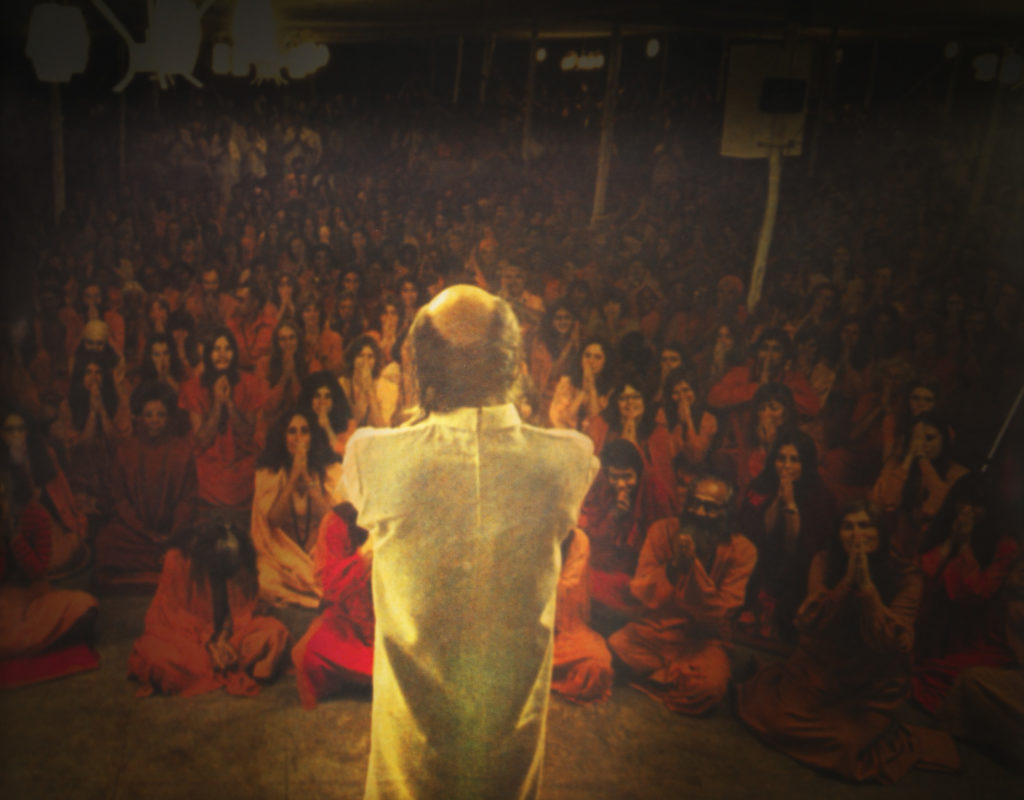
If you’ve ever played Far Cry 5 and had run-ins with the Eden’s Gate cult led by the charismatic Seed family, you have a pretty good idea of what Wild Wild Country is all about. This documentary series by producers Mark and Jay Duplass and directors Maclain and Chapman Way describes the rise of followers of the Indian guru ‘Osho’, also known as Bhagwan Shree Rajneesh, who moved to Northern Oregon in the 1980s. What started as a refuge for the controversial, wild-eyed leader on “The Big Muddy” ranch – later called Rajneeshpuram – quickly turned into a cultural headquarters for the guru and his followers. The six-part documentary focuses mainly on Osho’s right-hand Ma Anand Sheela, who defends not only her actions when meeting and falling for the charismatic man, but also everything she has done in his name in recent years. As the documentary examines, manipulating local zoning rules to get a political majority from their fellow Rajneeshees included recruiting homeless people from all over America to settle in their compound to keep that majority, and ultimately trying to poison, not to kill, townspeople by deliberately spreading Salmonella. (Sheela’s list of criminal charges also includes attempted murder, second-degree assault, illegal wiretapping, arson, and immigration fraud; and those are exactly the ones she served time for.)
Wild Wild Country is a rather insane story that is weirder than fiction, but the documentary itself could have gone even further in its explorations of the corruptions – or conspiracies, depending on your perspective – that you experienced there. Criticism from Win McCormack, as described in the New Republic play, praises the documentary as the best production of an investigation of the cult to date, but one that should have gone further to investigate how dangerous it was. Osho’s estate managers, the Osho International Foundation, claim that: “Unfortunately, the docuseries fail to investigate important aspects and thus do not provide a clear picture of the real story behind the story. In essence, this was a conspiracy by the U.S. government, from the White House, to thwart Osho’s vision of a community based on conscious living. “Make this what you want. Or better yet, check out Wild Wild Country for yourself and draw your own conclusions.
The Innocent Man
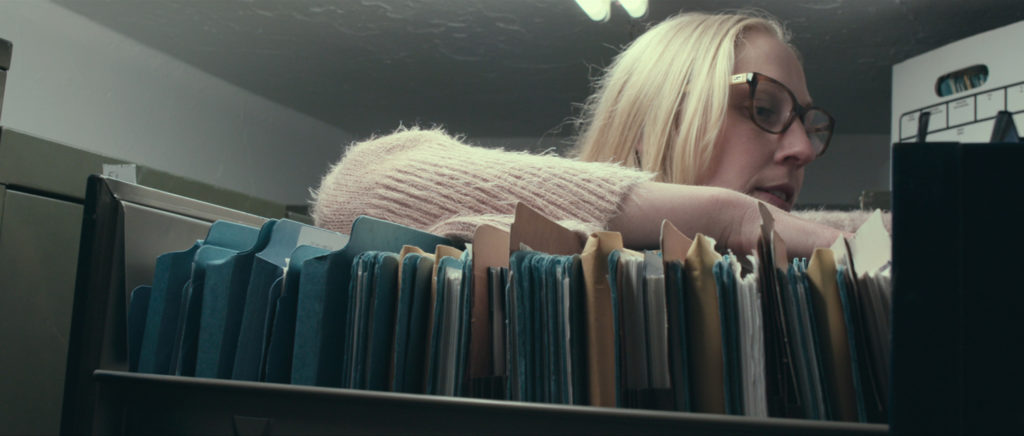
True crime was of course first popular in book form, and in 2006 bestselling author John Grisham published his first and only nonfiction book about true crime: The Innocent Man. So while the popularity of this particular story precedes the adaptation of the docuseries, it doesn’t make the show any less worthwhile. Indeed, Grisham is an on-camera participant in the six-episode investigation, which not only tells a truly weirder-than-fiction story about two murders and potentially false convictions in a small Oklahoma town, but it also provides an insightful, wildly compelling, and furious report of human costs when the US justice system fails.
Killer Inside: The Mind of Aaron Hernandez
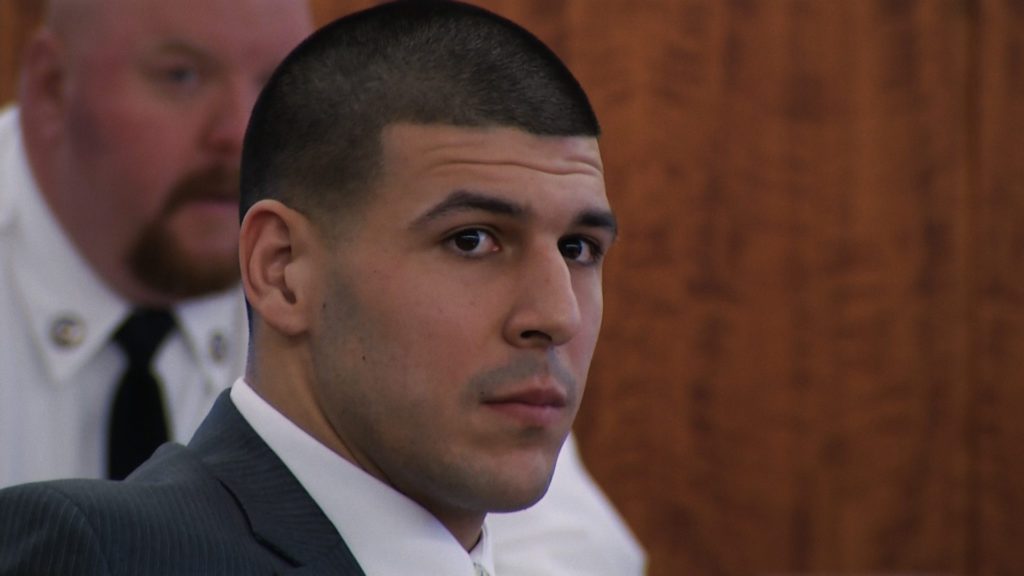
I’ve been a fan of New England Patriots since high school, so when news broke that one of our star tight ends had killed multiple people, it hit me like a Tom Brady spiral in the chest. The Mind of Aaron Hernandez does his best to explain that, and trust me, it’s hard to explain if not completely inexplicable. The documentary takes a closer look at Hernandez’s drug use after his father’s death, and how, despite his excellence on the football field, he ended up in a bad crowd. He was recruited by dozens of colleges and tried to escape his demons by waving off UConn’s hometown of Florida, but they only got more intense there and by the time Hernandez returned to New England to play in the pros, he thought he was untouchable. When his future brother-in-law, Odin Lloyd, threatened to reveal Hernandez’s ultimate secret – that he was bisexual – he shot him in cold blood. And Lloyd wasn’t the only one to fall victim to Hernandez, who probably killed two other people and nearly claimed the life of a fourth man. It’s one thing to read about this gripping story as it unfolded in newspapers and magazines, but seeing it in video form is quite another, and it’s absolutely spooky, especially given Hernandez’s potential after signing a deal of $ 40 million. This is just a sad story, athlete or no athlete.
The Family
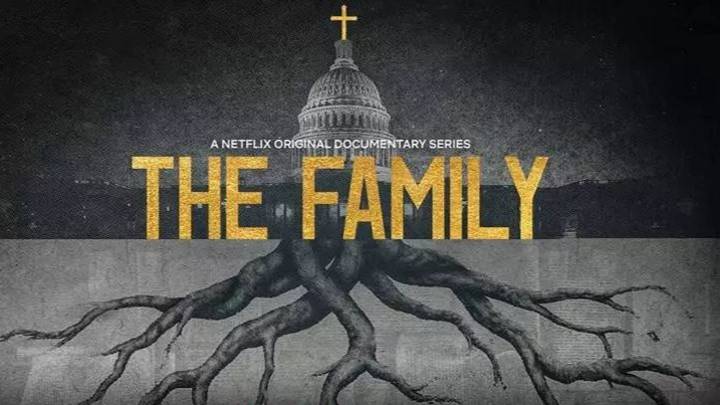
If you’re looking for a real-life crime series that isn’t about murder once, The Family is a good choice. The five-episode show explores a closed conservative Christian group known as The Family, which delves into history and its shocking impact on past and present world events. That an organization so large and influential has been able to keep secret all this time is just one of the many horrifying revelations within this show, which sheds light on the dark side of American politics.
Abducted in Plain Sight
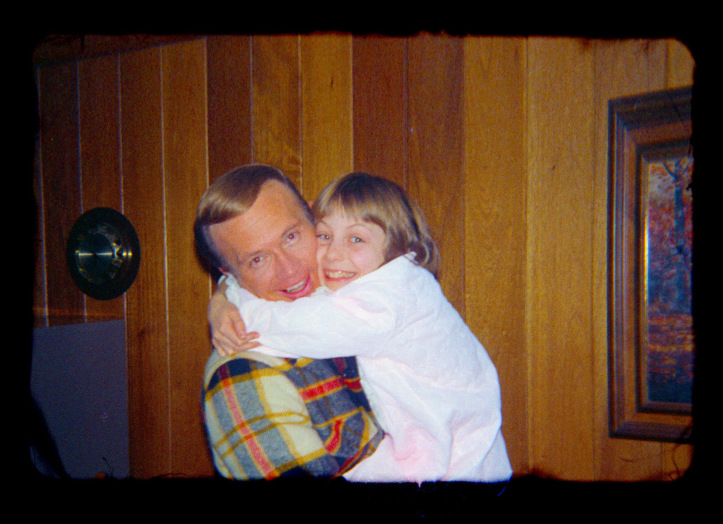
The words ‘insane’, ‘crazy’ and ‘weird’ may come to mind while watching the real crime focus series Kidnapped in Plain Sight, but they would all be nullified by the disturbing story unfolding in Skye Borgman’s movie . The story follows the Broberg family, whose daughter Jan was kidnapped not once but twice by their neighbor Robert “B” Berchtold. The details of those kidnappings certainly fall into the realm of stranger-than-fiction, but Berchtold’s methods are those of a real monster and predator tearing the Broberg family apart so he could come in January. Yes, the details of the stories are overwhelming, but the overall story is a lot unnerving.
The Devil Next Door
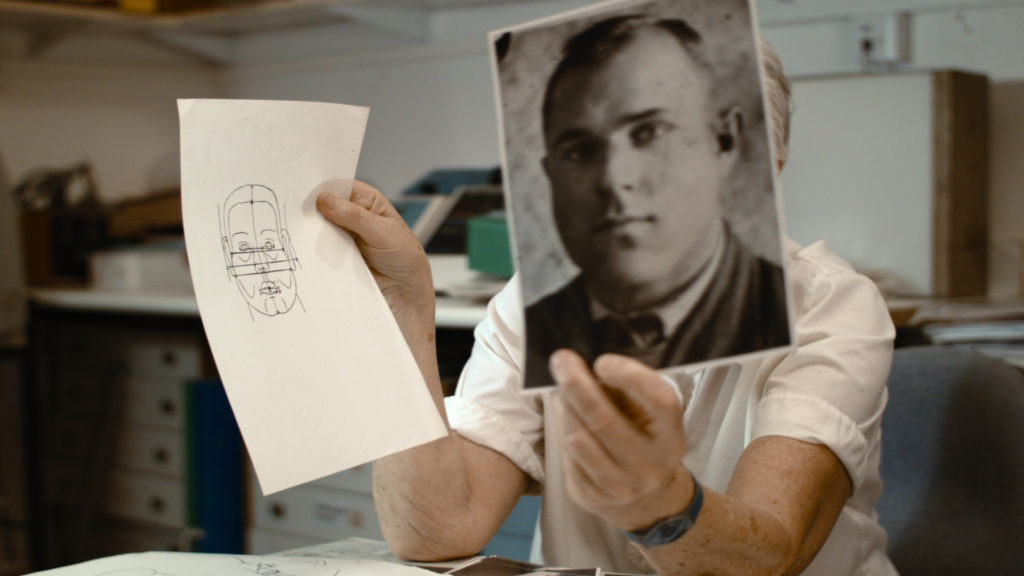
This documentary series is absolutely fascinating, because you are never quite sure what to believe. The Devil Next Door is about a Cleveland man named John Demjanjuk who has been accused of being a particularly sadistic Nazi concentration camp guard known as ‘Ivan the Terrible’. He was arrested and extradited to Israel to stand trial as a war criminal, and dozens of Holocaust survivors recognized him. But I’ve read enough crime books to know that eyewitness accounts are the least reliable because our memory is something strange that changes with time. I don’t want to spoil how it ends as it’s more of a mystery than other real crime series on this list where the perpetrator is more obvious, but suffice it to say the Holocaust is arguably the biggest crime ever committed so its the stake certainly high.
At the center of the documentary is Demjanjuk’s lawyer, Yoram Sheftel, who called himself “the most hated man in Israel” at trial. Sheftel himself is Jewish and wears a large Star of David necklace in his interviews, yet he was here defending someone who, whether he was the Nazi or not, certainly seemed guilty of… something. And it is that moral dilemma that elevates this series, along with the final shot of trees. This is a hugely powerful documentary that will have you guessing until the very end. Just like a book that makes you turn the pages long after bed, The Devil Next Door is the definition of binge-worthy.
